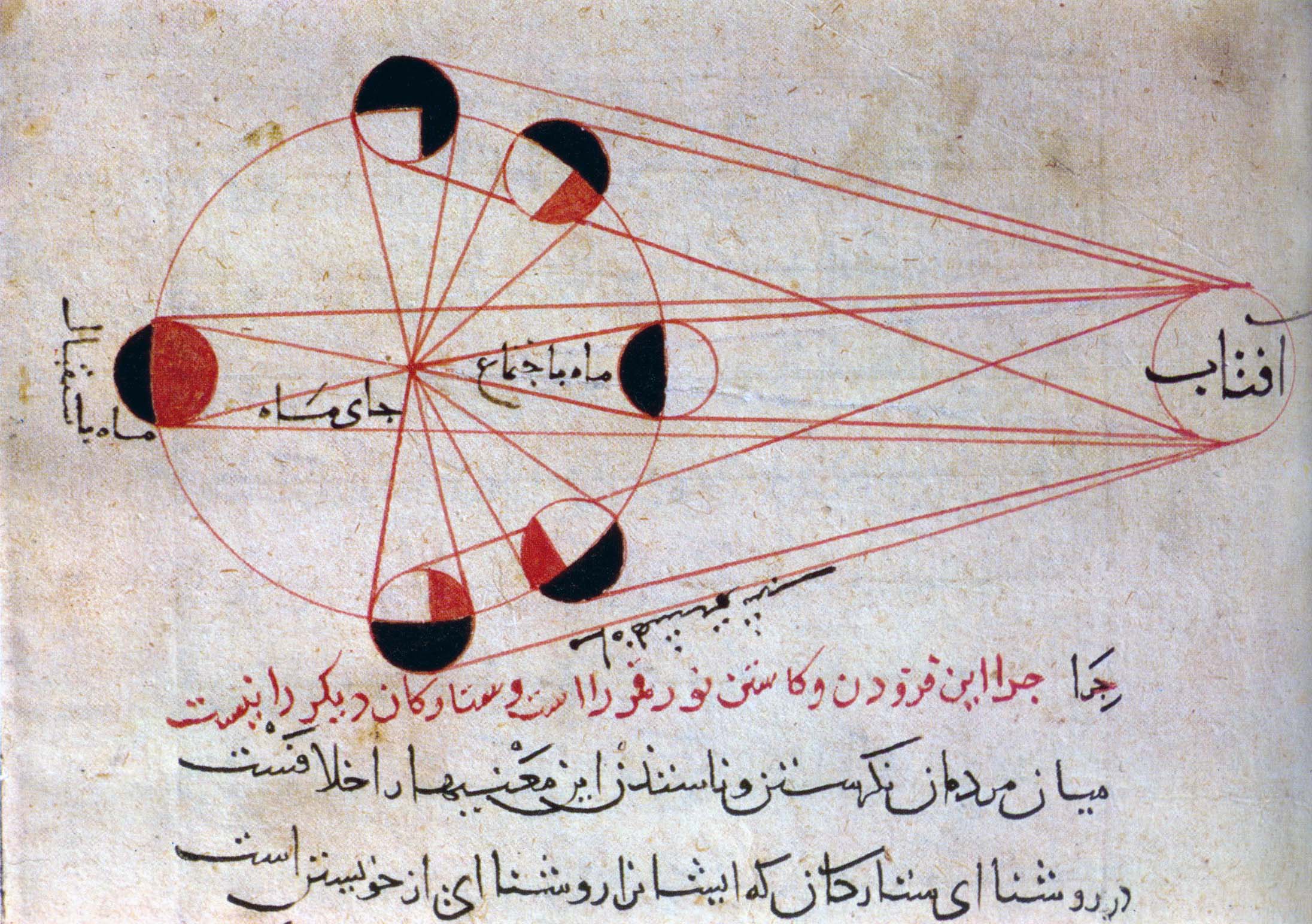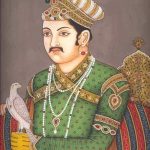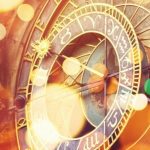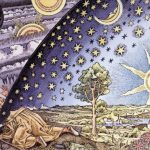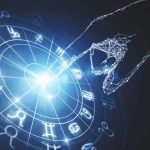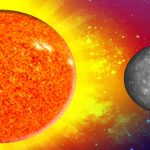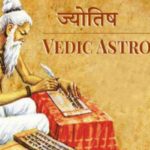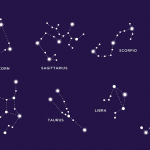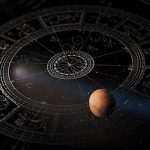Scholars and spiritual followers have widely debated the stars and planets in astrology, and many of these debates can be seen in Islam. Roughly translated as the ‘science of the stars’, ilm-al-nujum is the branch that deals with astrological predictions. There are various ways one can understand it with respect to how Allah, the almighty God in this religion, saw between humans on earth and himself. First, it is important to understand the distinction between astronomy and astrology, and what ilm-al-nujum exactly entails for you. Then, some contradictions within religious beliefs will help you navigate the complexities of astrology in Islamic life.
Prophet Idris and Ilm-al-nujum
In Islam, it is the words and behaviours of Prophets that carry great importance after Allah. While some devoted themselves to the spiritual principles of the god himself, others, like Prophet Idris, combined their scientific research with their religious message. Scholars of Islam believe that Prophet Idris was gifted with a great education of heavenly sciences. Some sufi schools even agree that he is the founder of the “science of stars”, which is known as ‘ilm al-nujum.’ He is considered the first man to enlighten people with the knowledge that cosmic rays affect the ways that humans live. Further, he made several contributions to science and philosophy that benefited Greek scholars later. Born in Babylonia, he migrated to Egypt later. Similarly, historical records show that astrology in Islam also possibly began in Babylonia and spread to Egypt from there.
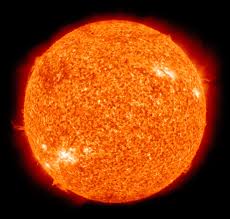
At the same time, there is a distinction between ilm-al-nujum and astrology. While Prophet Idris made his calculations and predictions on the movements of stars, astrology doesn’t lend itself to merely that. Now it focuses largely on planets and the sun is the only star influences humans today. Moreover, Prophet Idris took up highly complicated work in his science, which does not seem to have the same impact on astrology today. Nonetheless, it is due to his wisdom that even today, people link astrology with the stars.
Days of the Week
Another way you can think about astrology in Islamic terms is through the connection of earthly time and planets. Allah wanted his disciples to take care of seven distinct “duties”, each for one day of the week. He laid out a celestial body for each day, in this manner:
Monday: Ruled by the moon, the best day for you to undertake a journey.
Tuesday: Ruled by Mars, the right day to groom yourself, cut your hair and shave.
Wednesday: Ruled by Mercury, the right day to take medicines.
Thursday: Ruled by Jupiter, the appropriate day to carry out religious activities, like prayers and rituals
Friday: Ruled by Venus, the right day for marriages and to consummate for the purpose of having children.
Saturday: Ruled by Saturn, marked by violence. It is the right day for hunting.
Sunday: Ruled by the Sun, marked by establishment and fame. It’s the perfect day to begin building your house.
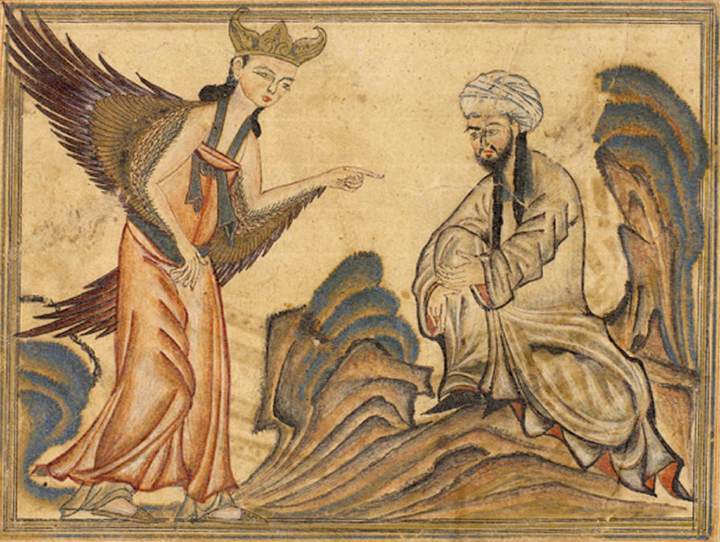
Hadiths and Islamic Astrology Facts
To understand some fundamental ideas about ilm-al-nujum, you must consider the facts of Prophet Muhammad himself. The set of comments and actions that the Prophet is said to have carried out are known as ‘hadiths’, and they are treated seriously within the Islamic traditions. Following this, one islamic hadith about astrology is particularly important. It is the hadith of Jibreel, the angel that delivers the message of Allah to the Prophet in the form of an epiphany. He discusses that Muslims must stay true to ‘emaan’, which is the belief in Allah, his books, apostles, angels, a strict difference between good and evil and a “Day of Judgement.”
Muslims must also trust in Allah’s exclusive divine right to know the future. So, if horoscopes are ultimately forecasts on your future, then they are attempting to have the same power as Allah. And since it is his divine and exclusive right, this would compromise your belief in Allah itself.
Not only that, but it appears that in the medieval history of Islamic astrology, predicting horoscopes can result in disaster. In 1577 AD, Taki al-Din made chain of predictions that ended in the destruction of an observatory in Istanbul, by Sultan Murat III.
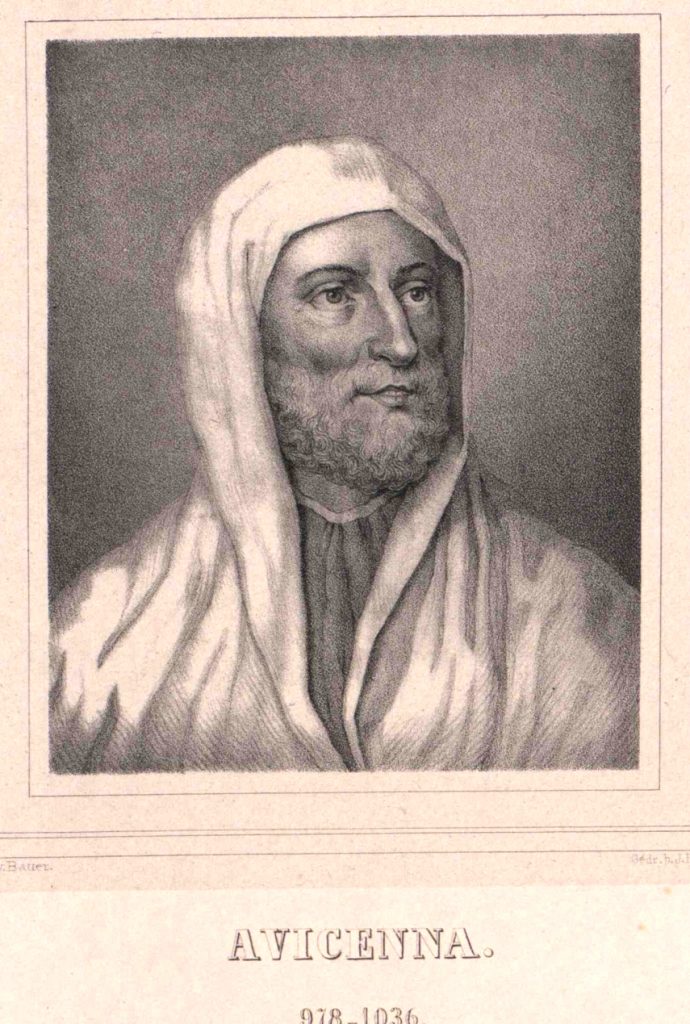
And finally, some Islamic books on astrology have also posed important questions for Muslims. Avicenna, a Persian astronomer, wrote about his ideas in the ‘Treatise Against The Rulings of the Stars.’ He writes that certainly there is a relationship between the movements of the planets and the activities of humans, so he supported the natural principles of astrology. However, humans have a limited capacity to understand such heavenly matters. This is in line with qadr and with Allah’s almighty grasp on the future.




